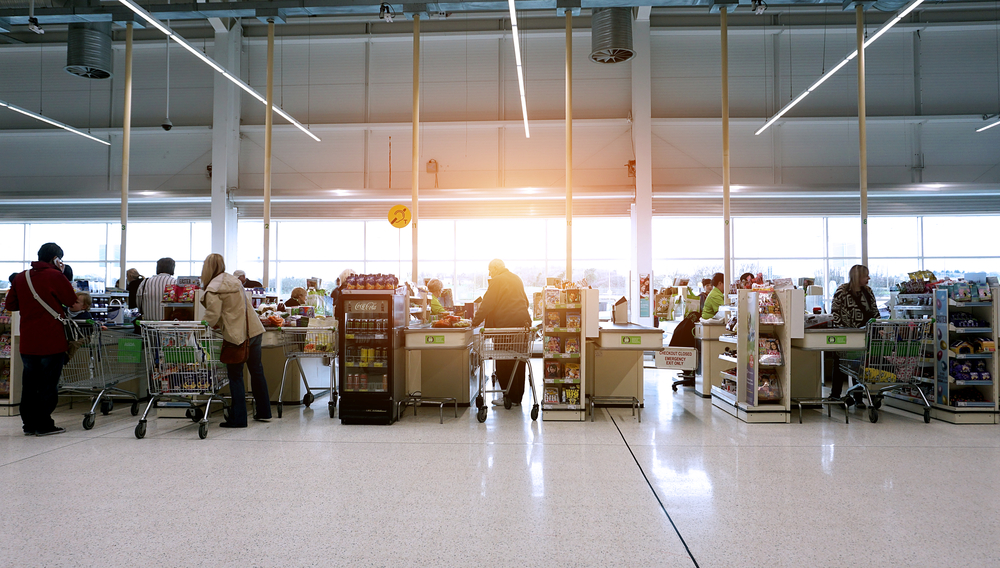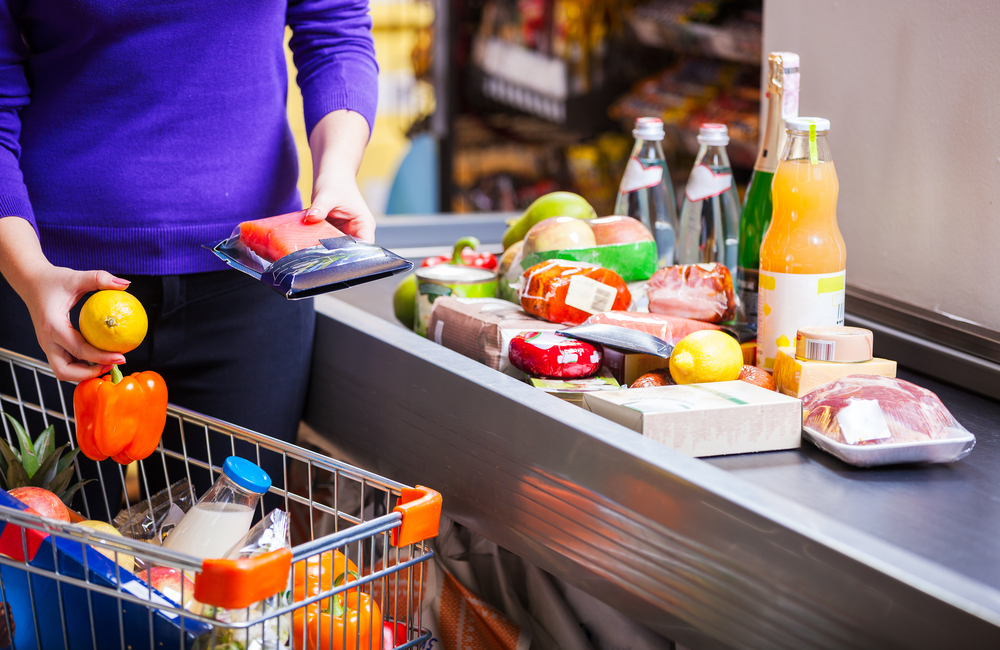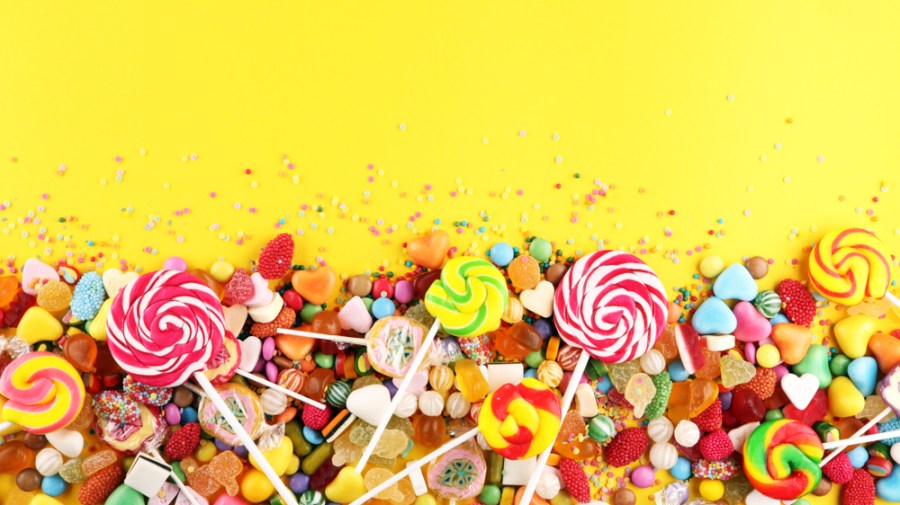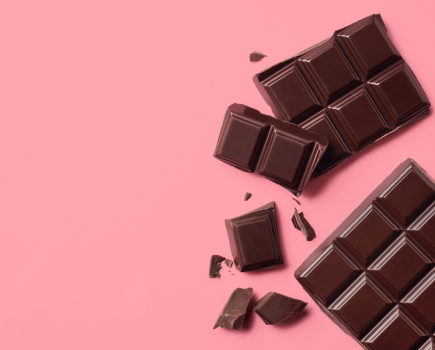Supermarkets removing sweets, crisps and other junk food from their checkout displays has an amazing effect on the habits of shoppers, according to new research.
Scientists from the University of Cambridge found that sales of unhealthy food bought on impulse at the checkout were reduced by 17%. Even more impressively, they saw a whopping 76% reduction in food bought and eaten ‘on-the-go’ afterwards.
 Supermarkets often use psychological tricks to encourage shoppers to unconsciously make decisions, such as buying impulse items or being lured into new aisles.
Supermarkets often use psychological tricks to encourage shoppers to unconsciously make decisions, such as buying impulse items or being lured into new aisles.
To conduct their research, scientists compared shopping habits at six of the nine major supermarkets that have introduced healthier snacks at the checkout, to those that haven’t. They looked at data from more than 30,000 UK households before and after this change in policy.
They found an immediate 17% reduction in purchases, and after a year found shoppers were still purchasing more than 15% less of the items compared to when checkouts offered junk food.

Researchers also looked at data from 7,500 shoppers who bought food to eat ‘on-the-go’, often as a result of pressure from their children! This data revealed incredible changes in shopping habits when temptation was removed from their eye line.
“Our findings suggest that by removing sweets and crisps from the checkout, supermarkets can have a positive influence on the types of purchases their shoppers make,” says Dr Katrine Ejlerskov, the study’s first author. “This would be a relatively simple intervention with the potential to encourage healthier eating. Many of these purchases may have been impulse buys, so if the shopper doesn’t pick up a chocolate bar at the till, it may be one less chocolate bar that they consume.”
The researchers hope that work such as this may help the Government to put guidelines in place for supermarkets.
- Unhealthy food becomes less tempting when you read THIS
- An easy psychological trick to help quit sugar







